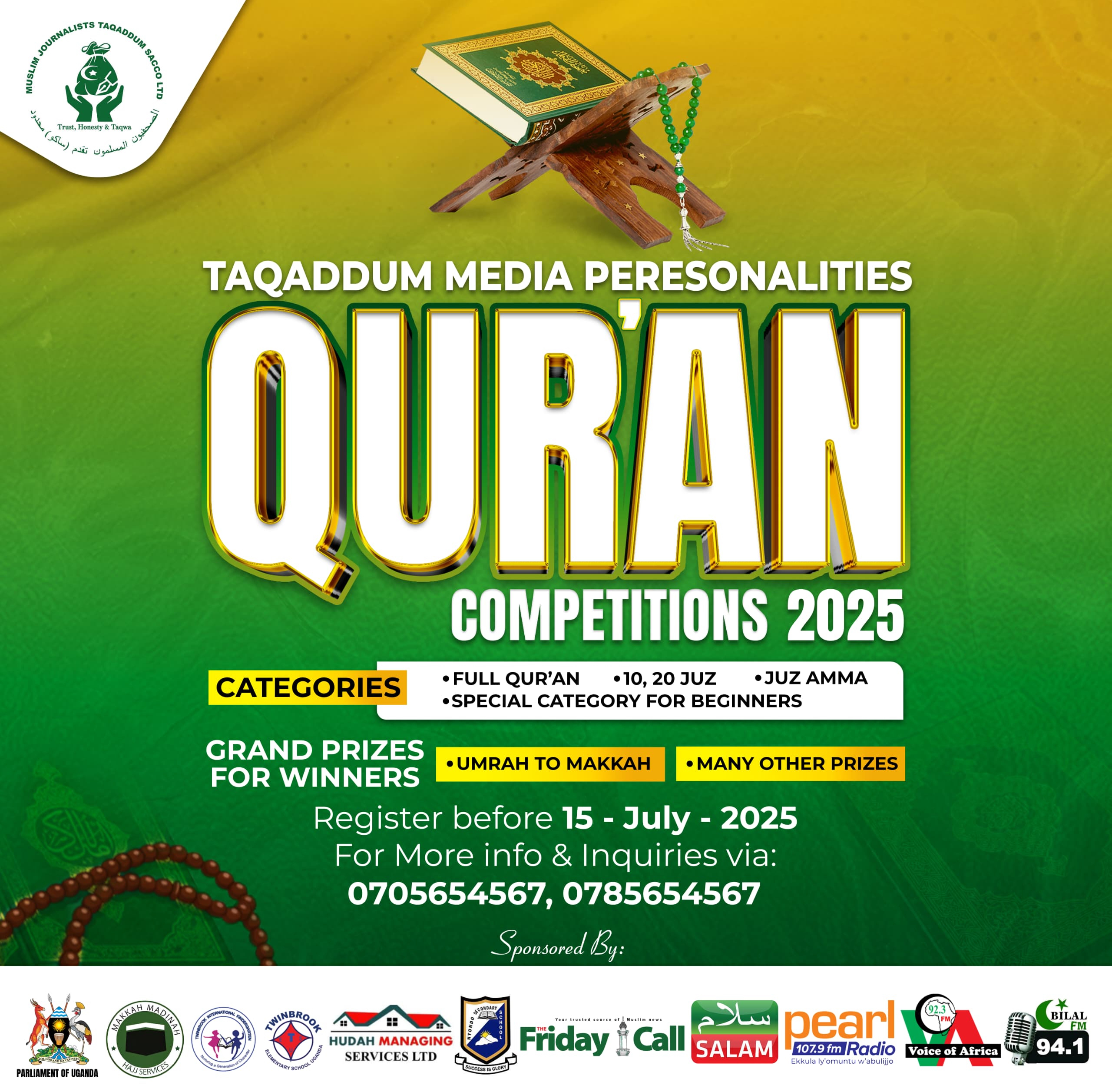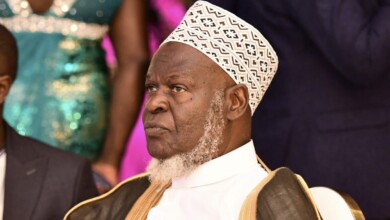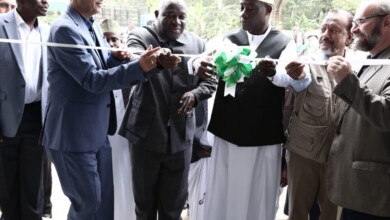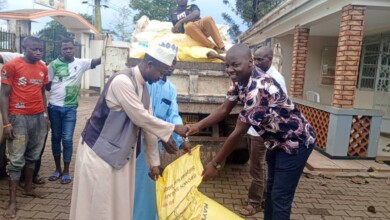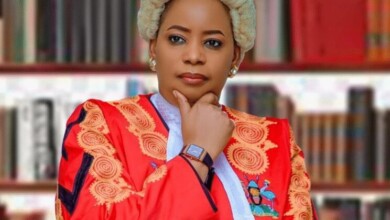African religious body rejects Mubaje’s retirement request
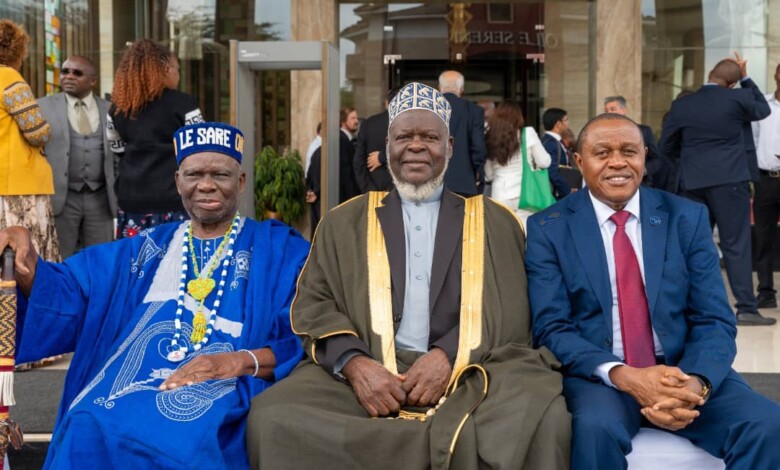
By Ahmed Idriss
The African Council of Religious Leaders – Religions for Peace (ACRL-RfP) has turned down a request by Sheikh Shaban Ramadhan Mubaje, the Mufti of Uganda, to retire from his position as Co-Chair of the continental body.
The Mufti revealed that the decision was taken during the Council’s 5th General Assembly held recently in Nairobi, Kenya. Mubaje disclosed that for years he had requested to be relieved of the role, which he has held for the past 25 years since his election alongside Cardinal Dr. John Onayeikan, the former Catholic Archbishop of Abuja, Nigeria.
“The Assembly unanimously turned down my request, reasoning that being a senior member, they still needed my presence to steer the Body’s programs alongside the Most Reverend Albert Chama, the Anglican Archbishop of Zambia, who was recently appointed,” Mufti Mubaje said.
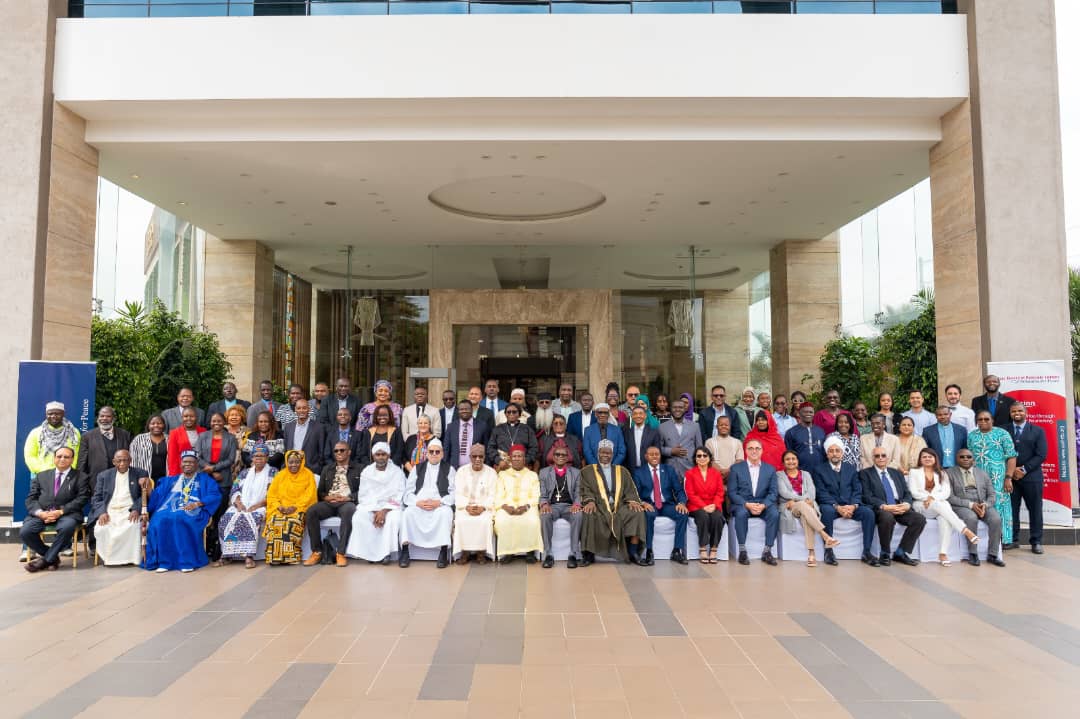 He added that the Assembly also considered the ongoing transition, noting that the Council’s Secretary General had recently been elevated to serve as Secretary General of the World Council of Religions for Peace International beginning January 2026 in New York, USA.
He added that the Assembly also considered the ongoing transition, noting that the Council’s Secretary General had recently been elevated to serve as Secretary General of the World Council of Religions for Peace International beginning January 2026 in New York, USA.
“It was therefore realized that if senior officials moved out all at once during this transitional period, it could create gaps in the administration,” he remarked.
As a result, the Assembly re-appointed Mufti Mubaje for another five-year tenure.
While chairing the UMSC National Management Committee meeting on Tuesday, August 19, 2025, at the UMSC headquarters, he also shared with departmental heads two important documents adopted during the Nairobi Assembly.
The first was the Nairobi Declaration on Shared Sacred Flourishing for Peace and Justice in Africa, which reaffirmed the members’ responsibility to heal the continent and safeguard common humanity. The Declaration commits the Council to concrete action guided by the conviction that peace, justice, and human flourishing are sacred imperatives. It also calls for urgent engagement with stakeholders to help end ongoing conflicts in countries such as Sudan and the Democratic Republic of Congo.
The second was “A Transformational Vision for Development and Peace Strategic Plan 2025–2030, a framework setting the Council’s strategic direction in peacebuilding, democratic governance, environmental resilience, and the protection of human dignity.
